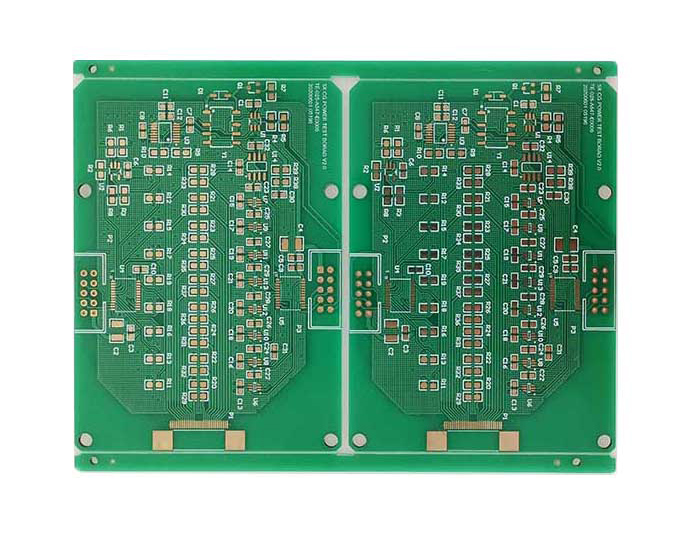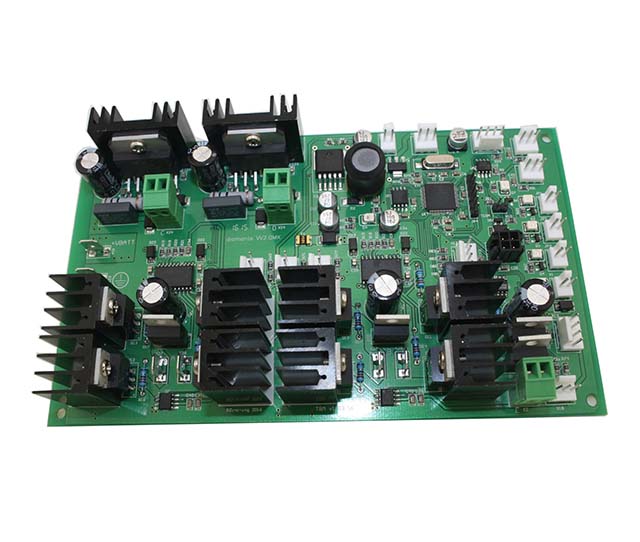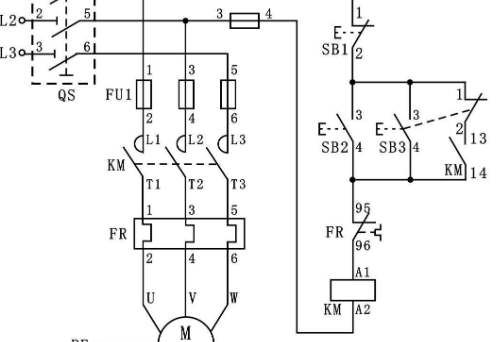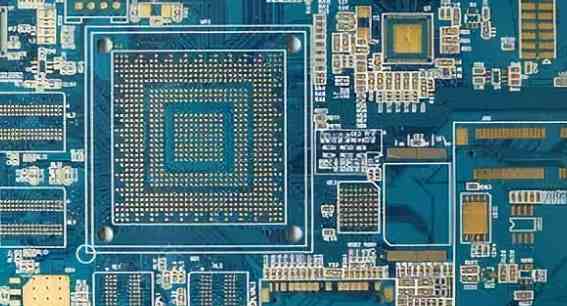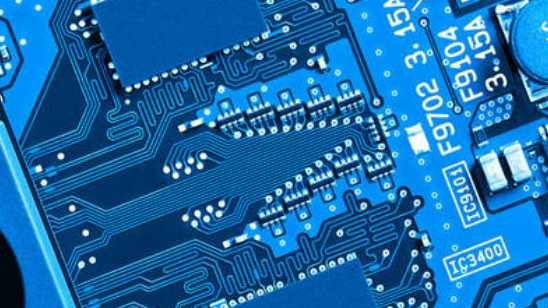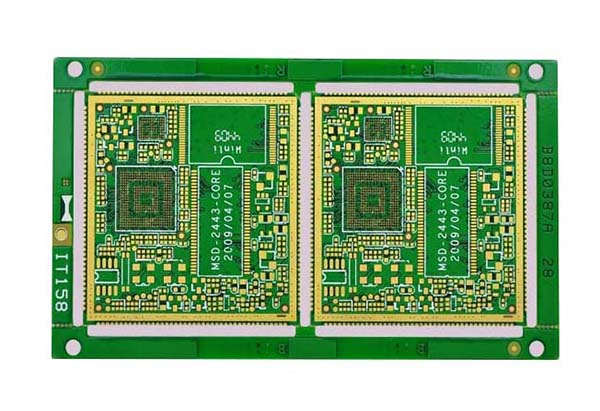
A CT scanner is an instrument for detecting conditions. A CT scan can see the tissue and different levels of density inside a solid organ. It provides detailed information about the body in high-resolution images. PCBs play a key role in the medical and health field, more and more research areas tend to be automated technology, so there is a need for a lot of work involved in PCB assembly to improve medical devices in the field.
When the CT scanner is assembled, the electronic components are soldered to the PCB, so that the PCB can maximize its value. Before the PCB assembly process, it is necessary to consider the type of the CT scanner PCB, the characteristics of the PCB parts, and the function of the circuit board. A feasibility analysis for manufacturability is required prior to CT scanner PCB assembly, i.e. DFMA services, design for manufacturability testing is performed to identify and correct any challenges in the design, the main goal of DFM is that the final CT scanner can be Function as required.
The assembly tools that need to be used in the PCB assembly of CT scanners include PCB cleaners, solder paste printers, SPI inspection, ten-temperature zone nitrogen reflow ovens, online AOI and other equipment to help complete the CT scanner PCB assembly and other work.

Performance Parameters of CT Scanner PCB Assembly
Copper Thickness: 1 oz
Material: FR4
Layers: 1-28 layers
Plate thickness: 1.6mm
Solder mask: green red blue white black yellow


